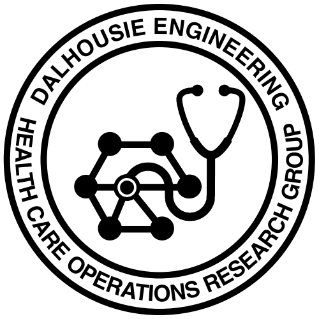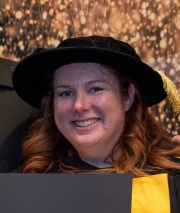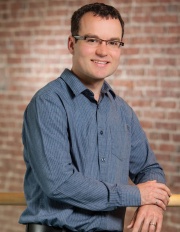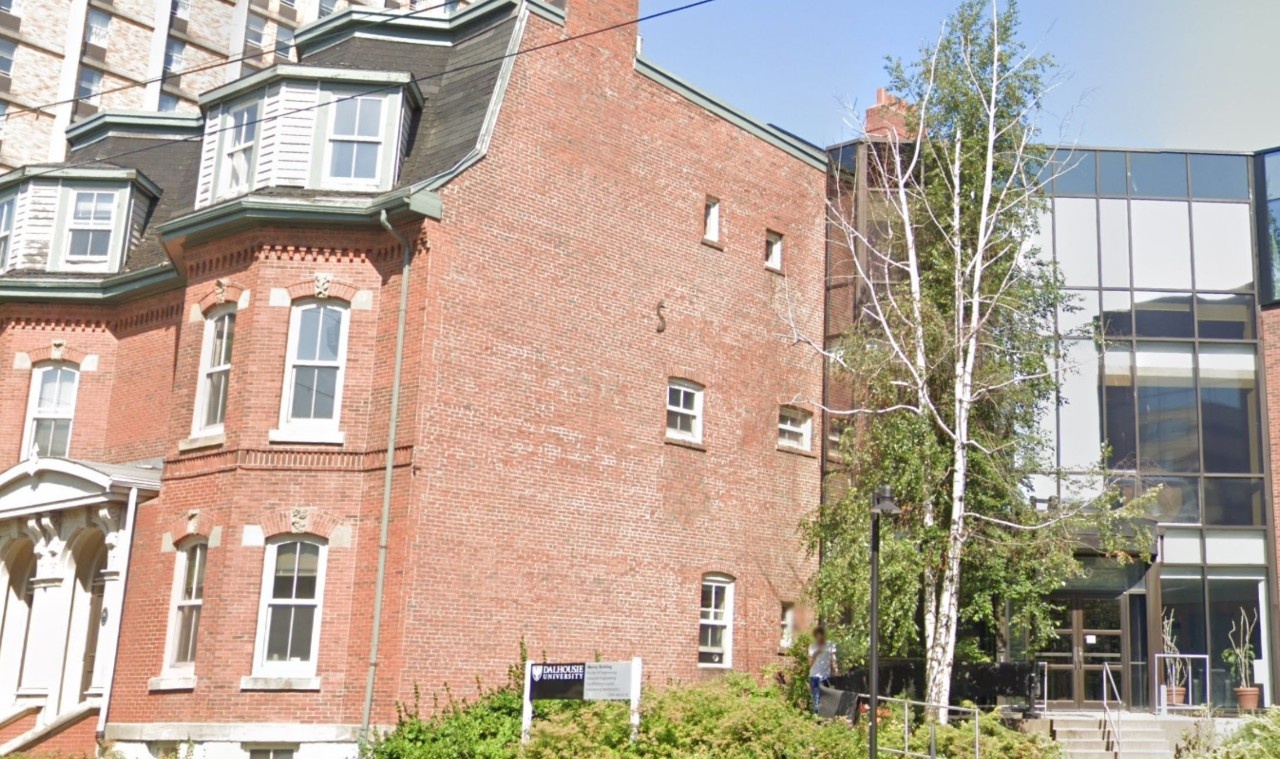Health Care Operations Research (HCOR)
 Ìý
Ìý
HCOR is the health care operational research cluster in the Department of Industrial Engineering at ºÚÁϳԹÏÍø.Ìý Our researchers strive to improve the health and care of patients through the application and development of scientific techniques from the fields of industrial engineering, operational research, analytics, artificial intelligence, and more.Ìý Combined, our researchers have over 80 years of experience in this area.Ìý
Our researchers work collaboratively across the University with the Faculties of Medicine, Health, Management, and Computer Science.Ìý Our research partnerships include National and International Organizations and all major healthcare providers in Nova Scotia, including, Nova Scotia Health, IWK Health Centre, NS Department of Health and Wellness, Medavie Health Services, and more.
Research Strengths
| Blood (Blood Inventory Management, Stem Cell Matching and Policy Planning) |
|---|
| Acute Stroke Treatment (improving patient outcomes, improving access to treatment, and improving time efficiency) |
| Emergency Medical Services (Ambulance deployment, Offload Delay, EMS System Design) |
| Hospital Operations (Scheduling, Waitlist Reduction, Patient Flow) |
Quick Facts
| >$300,000 in annual research funding |
|---|
| CIHR, NSERC, CFI, ACOA, Mitacs funded research |
| Infrastructure includes computational servers, application server, and a secure health data repository |
| Affiliated with Nova Scotia Health, IWK Health Centre, Canadian Blood Services |
HCOR Researchers
John Blake
John Blake holds a dual appointment as an Associate Professor in Industrial Engineering at ºÚÁϳԹÏÍø and as a Research Engineer with the Centre for Innovation at Canadian Blood Services. His research interests are in the application of operational research techniques to solving practical problems in health care. His work includes operating room scheduling, case mix planning, blood product inventory management, recruiting policies for stem cell registries and techniques for incorporating genetic matching algorithms into evaluation of operational planning structures. He has worked with Mount Sinai Hospital in Toronto, the Children’s Hospital of Eastern Ontario in Ottawa, hospitals of the Nova Scotia Health Authority as well as maintaining an active program of research with Canadian Blood Services. Dr. Blake has received funding from NSERC, NSHRF, and Canadian Blood Services.
Faculty Profile | | |
Colleen Dewis

Colleen Dewis is an instructor in Industrial Engineering at ºÚÁϳԹÏÍø, and a member of the Biodynamics, Ergonomics and Neuroscience Lab. Her current focus is on engineering education at the undergraduate level and assisting with developing communication skills of graduate students. Her research interests include occupational ergonomics/ biomechanics, the relationship between industrial systems and human health, and designing safe yet efficient work environments. As a researcher she has worked with the Institute of Biomedical Engineering at UNB, the Defense Research and Development Canada, Dr. Ivan Wong (Orthopaedics, NSHA) and as a private consultant.
Dr. Noreen Kamal, Ph.D. P.Eng. (She/Her)

Dr. Kamal is interested in improving health care systems to match the progression of the disease resulting in improved patient outcomes. She has worked to improve emergency department operations in BC, and for the past 10 years, she has been working to improve acute stroke treatment in BC, Alberta, and now across all 4 Atlantic Canadian provinces (ACTEAST). Her work in Alberta has increased the percent of patients that can return home after their stroke by 14%. Her collaborative work that models the best hospital destination for patients with severe stroke to access endovascular treatment has spun-off into . She is a co-founder of this company, which has clients around the world. Dr. Kamal is an Assistant Professor in the Department of Industrial Engineering at ºÚÁϳԹÏÍø, and she holds cross appointments in the Faculty of Medicine (Department of Community Health & Epidemiology and the Division of Neurology). She is a Scientific Affiliate with Nova Scotia Health. Dr. Kamal has received research funding from CIHR, NSERC, CFI, ResearchNS, Medtronic, and Mitacs.
Major Project:
Atlantic Canada Together Enhancing Acute Stroke Treatment (ACTEAST): Improving Access and Efficiency of Treatment. CIHR Project Grant Funded. 2020-2023. ACTEAST
| |
Dr. Peter T. Vanberkel

Dr. Peter T. Vanberkel's primary research involves improving healthcare operations using stochastic operational research methods. He is a Professor in the department of Industrial Engineering at ºÚÁϳԹÏÍø and a Staff Scientist at the IWK Health Centre. Dr. Vanberkel is a registered professional engineer with Engineers Nova Scotia and has worked as an industrial engineer at the IWK Health Centre, the Capital District Health Authority, Stylus Consulting Inc. and is co-founder of Stromline Technologies Inc. As a researcher he has worked with The Netherlands Cancer Institute - Antoni van Leeuwenhoek Hospital, the British Columbia Cancer Agency, the Nova Scotia Health Authority, the IWK Health Centre, Eastern Health Newfoundland, Halifax Biomedical, Emergency Medical Care Inc. (Medavie EMS Group of Companies), the NS Department of Health and Wellness, Atlantic Veterinary College, and others. Dr. Vanberkel’s research is funded by NSERC, CIHR, NSHRF, Atlantic Canada Opportunities Agency, Innovacorp and others.
Faculty Profile | | |
HCOR Affiliated Researchers
- Nancy Black, Université de Moncton:
- Alix Carter, Department of Emergency Medicine:Ìý
- Jing (Jenny) Chen, Rowe School of Business: Faculty Profile
- Majid Taghavi, Sobey School of Business:
Education
Undergraduate Certificate in Biomedical Engineering
Students can build skills in Biomedical Engineering by completing a the certificate in Biomedical Engineering. A number of industrial engineering courses can be used towards the requirements as outlinedÌý.
IENG 3303 - Ergonomics and Work Design
Ergonomics is the science of applying knowledge of the capabilities and limitations of humans into the design of products, work spaces and systems we use every day. Topics in this course include the musculoskeletal system, anthropometry, manual material handling, work physiology, the effect of work environment on performance, human/machine interaction, cognition and information processing. Design principles based on this knowledge will be presented. This course will include labs and final design project.ÌýDetails
IENG 4564 - Optimization of Health Care Systems
This course will focus on the design of systems in Canada’s largest industry: healthcare. Throughout the course, examples drawn from healthcare will be used to illustrate how industrial engineering techniques can be applied in a wide variety of settings. Topics to be discussed include capacity planning, service distribution, quality, decision analysis, scheduling, and waiting line models.ÌýDetails
IENG 6964 - Optimization of Health Care Systems
This course will focus on current research of healthcare systems. This course will illustrate how industrial engineering techniques can be applied to healthcare systems. Topics to be discussed include capacity planning, quality, decision analysis, scheduling, optimization models, and waiting line models.ÌýDetails
HCOR Alumni Thesis and Dissertations
Ìý(Julie Sarty, MASc)
Ìý(Molly Elliott, MASc)
(Yijun Che, MASc)
(Joon Ho Han, MASc)
(Ceilidh Bray, MASc)
(Tessa Bulmer, MASc)
(John Charles Campbell, MASc)
(Natalie Ash, MASc)
Ìý(Ashlee Wheaton, MASc)
(Ryley Urban, MASc)
(Adam Casey, MASc)
(Travis Foster, MASc)
(Mengyu Li, PhD)
(Kaitlin Miles, MASc)
Ìý(Jacob Wing, MASc)
(Lauren McNamara, MASc)
(Ben Wedge, MASc)
(Saeideh Yahyaei Moayed, MASc)
(Mark Staples, MASc)
